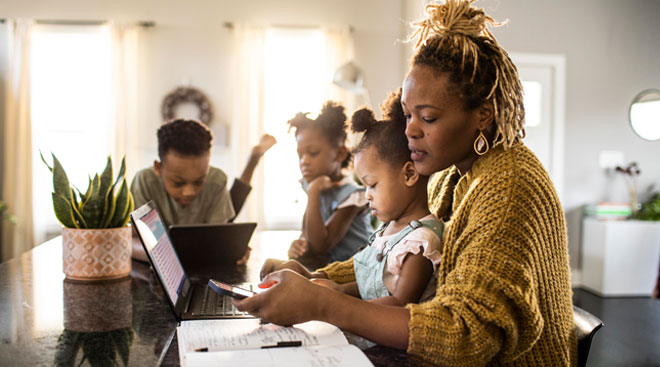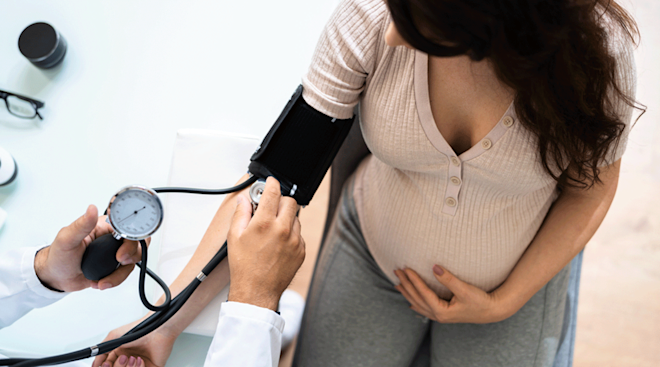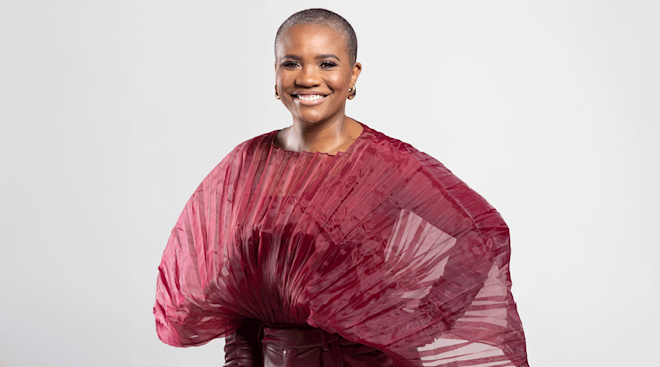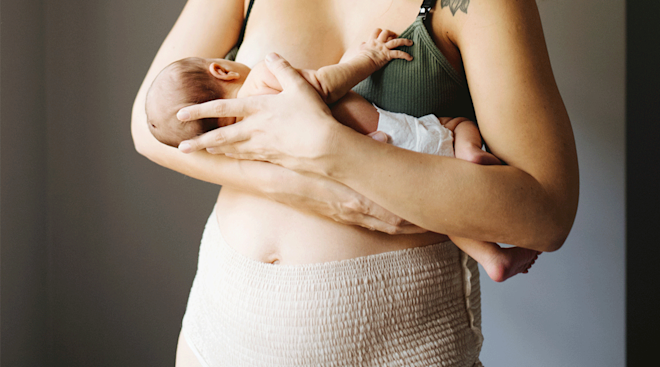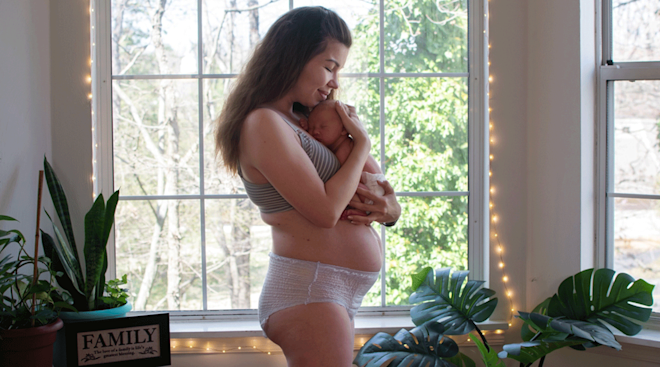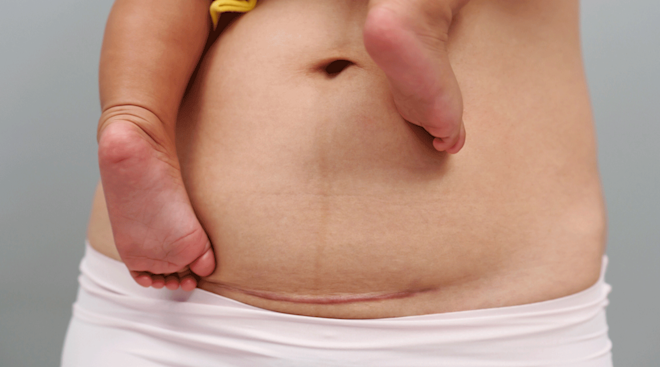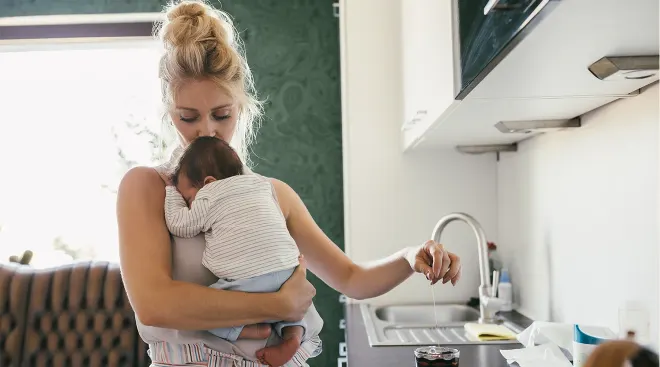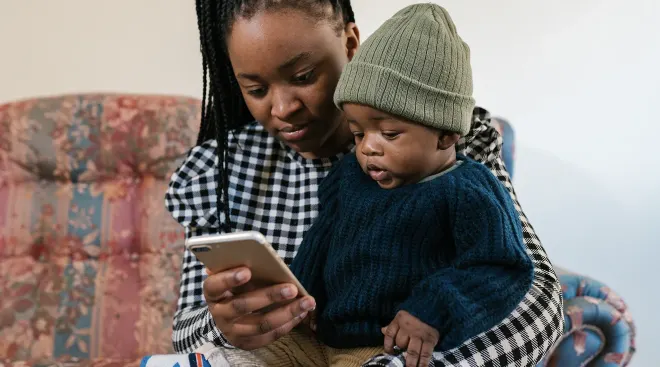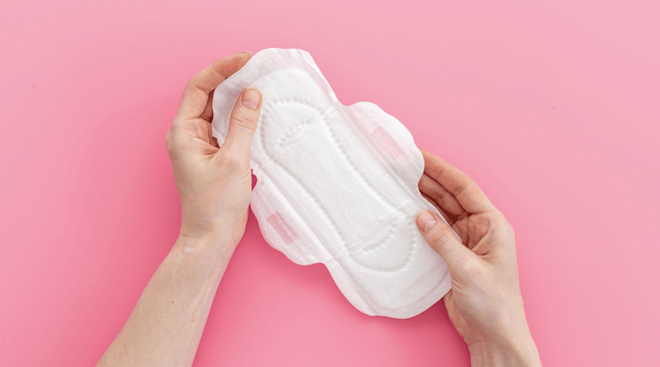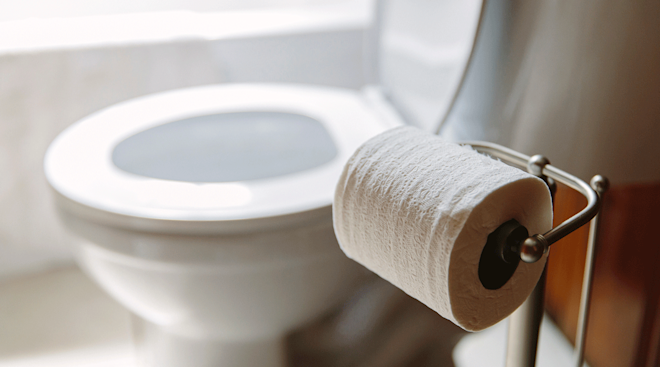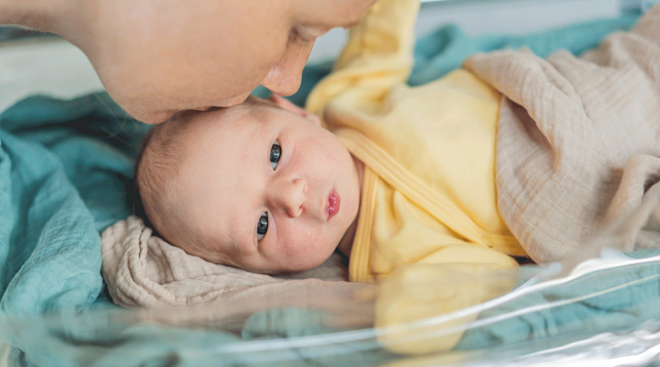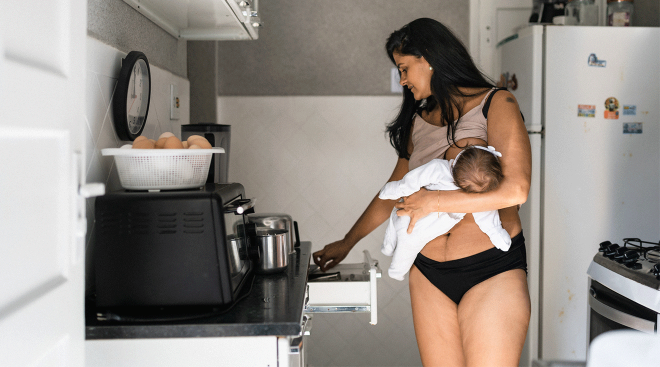Why the Decision-Fatigue Struggle Is (Still) Real for Parents
A few nights ago at 5:59 p.m., my husband gently asked what I wanted to have for dinner. He wasn’t implying that I get up and make our family of five a four-course meal. He wasn’t even hinting that I should boil a pot of spaghetti. And yet for some reason, this very simple question sent me over the edge. My mind started racing with the options: Should we order pizza (again) or pour bowls of cereal and call it a night? Of course, it wasn’t really the notion of take-out versus “brinner” that had me spiraling. It was the mere idea of making yet another decision after a day full of thinking and weighing and worrying and wondering.
As a mom of three, I probably make hundreds of tiny decisions from the moment my youngest wakes up—before sunrise, I might add—until the second I exhaustedly fall into bed. Some of these decisions are big (should we change daycares?). Many of them are trivial (like what’s for dinner). And plenty of others, well, they shouldn’t warrant much consideration, but for whatever reason they do—collectively, at least.
I, like many other parents, am facing what’s known as decision fatigue. And while this phrase has been used by psychologists for some time, it only became a part of our wider vernacular as COVID hit and we all started facing an immeasurable amount of no-win decisions about how to keep ourselves, our families and our communities safe.
The consequences feel heavy, and the weight of this pressure can make us want to shut down. Of course, as parents, that’s not really an option. And while we may not always be operating at capacity, we have to do our best to “adult” for the sake of our families. That starts with acknowledging why decision fatigue happens and identifying some healthy coping mechanisms.
Decision fatigue happens when we’re overwhelmed—with the options, the outcomes and the circumstances. “When your energy is being used up for constant decision-making, it can deplete your frustration tolerance, which can lead to feelings of irritability, resentment, anxiety or apathy,” explains Renée Goff, PsyD, PMH-C, a clinical psychologist in Cincinnati, Ohio. This can manifest itself in a few different ways: You may find yourself “impulsively yelling at your kids or partner, hiding away in the bathroom or garage, or completely giving in and saying ‘Just do whatever you want…I don’t care anymore.’” Suffice it to say, you may not be your best self.
The real kicker? It’s a cycle, and “it’s endless,” Goff says. She adds that moms are often more likely to struggle with decision fatigue, since the majority of childrearing decisions tend to fall on them. “All eyes are on you and the pressure is intense.”
There’s no doubt that COVID and the unavoidable challenges of pandemic life have only added fuel to the fire. “[It’s] bumped up everybody’s stress levels—period!,” says Kim Burgess, PhD, a psychologist in Rockville, Maryland. “Everybody’s more tired, and therefore our brains are more taxed to function and certainly to make decisions.”
What’s more, everyday decisions have become more intricate and endlessly nuanced as we move into year three of COVID. While school, daycare, health department and CDC guidelines provide some semblance of order, the rules are more or less open for interpretation (and constantly shifting). Basically, it’s starting to feel like a free-for-all, and every path has a questionable consequence: a loved one’s health, your kids’ social development or—more often than not—your own sanity.
No one said parenting is easy. It’s normal to experience some degree of decision fatigue when the stakes are high and the responsibility feels weighty. But that doesn’t mean you have to feel stuck or helpless. Here are tips to help you get over the decision-fatigue hump.
1. Trust your instincts and tune out other voices
With so many thoughts cluttering up your mind, it’s hard to focus and find that inner voice of reason. Moreover, it can be even more challenging to tune out other voices and outside opinions. But as Goff says, “You know your family best. Trust this and your instincts.” Decision fatigue can be exacerbated if you’re constantly worried about having all eyes on you. But here’s the thing: “Eyes will always be on you. So you can either let these eyes make you second guess your decisions or do what you know is best for you and your family.”
2. Share the responsibility
No parent is an island. It may feel like you’re on your own, but you can and should lean on your family, friends and community. And if you have a partner, you should expect them to share the burden of family decision-making. “Tell [them] you’re struggling… and work together to see which decisions can be handed off,” suggests Goff. What’s more, take this collaborative mentality into your job life. Burgess advises parents to delegate as much as possible, and to try to leave work at work—so that they can concentrate on their home lives at home and prioritize self-care.
3. Plan ahead
We all have a lot on our plates. One small way to tackle the never-ending list of decisions and to-dos? Prepare whenever and wherever possible. “On the weekend, plan dinner for the upcoming week. Remember, there’s no shame in ‘Taco Tuesday’ every Tuesday or ‘free-for-all/ fend-for-yourself’ Friday either,” says Goff. Beyond that, she suggests allowing yourself to let go of some control. “Let your kids actually pick out their outfits the night before. Remember, it doesn’t have to match. A purple tutu with rain boots never hurt anyone, and it definitely won’t matter in five years.”
4. Prioritize sleep
Feeling that brain fog set in? It’s hard to feel like your most confident, empowered, decision-making self when you’re running on fumes. (And, yes, many of us are operating on empty tanks.) “Getting more sleep is paramount. It affects our entire ability to function in many ways,” says Burgess. Of course, this can be easier said than done—especially if you have little ones waking through the night. Be kind to yourself, indulge in some self-care practices and get rest when you can.
5. Lower your expectations for yourself
Recognize that you don’t have all the answers. You won’t always be right, and that’s okay. Sometimes you have to take a step back to move forward. Burgess explains: “We think we have to know it all, which makes us even more brain-tired. You’ll get unstuck when you take the pressure off. When our stress and anxiety levels go down, our brain says, ‘Yay, I can think more clearly now, and we can make a decision more easily.’”
6. Get moving
If you’re struggling or feeling stuck, get up and move. Go for a walk, dance it out, lift weights, ride your bike. Some sweat, fresh air and endorphins can work wonders. “Exercise is known to make our brains think better and [help us] make decisions,” explains Burgess.
7. Give yourself a time out
Take a beat and a deep breath. Sometimes it’s okay to walk away from a situation that’s escalating your anxiety. Burgess suggests putting on headphones and listening to music to get into “the zone.” She explains that this can help you tune out outside noises and distractions and, ultimately, enable you to find focus and clarity in your decision-making.
8. Use social media in a mindful way
Social media is a double-edged sword. On one hand, you can find a supportive community that extends beyond your immediate circle. On the other? Judgment and pressure abound. “Throw COVID-19 into the mix, and the backlash you’ll get from family and/or social media for [making] the ‘wrong’ decision will be amplified because everyone has such strong opinions,” says Goff. In other words: Your Facebook feed is not the ideal forum for decision-making. You do you—and don’t ask the internet for permission.
About the experts.
Renée Goff, PsyD, PMH-C, is a licensed clinical psychologist and owner of Orchid Wellness & Mentoring in Cincinnati, Ohio. She received her doctor of psychology from Wright State University in Dayton, Ohio.
Kim Burgess, PhD, is a board-certified psychologist and the founder of Biopsychosocial Health Intervention and Prevention. She received her doctorate degree from the University of Ottawa in Ontario.
Plus, more from The Bump:
Navigate forward to interact with the calendar and select a date. Press the question mark key to get the keyboard shortcuts for changing dates.

































